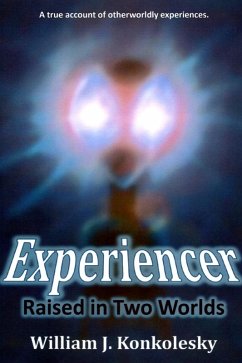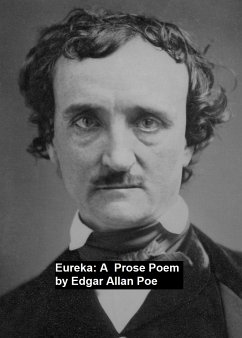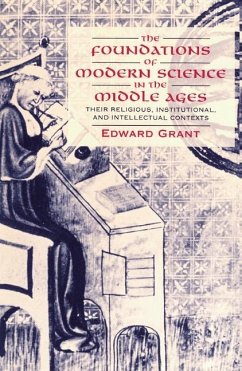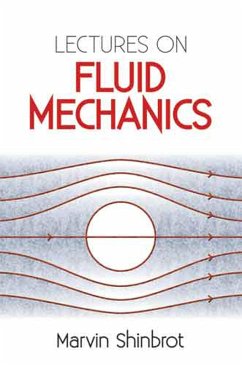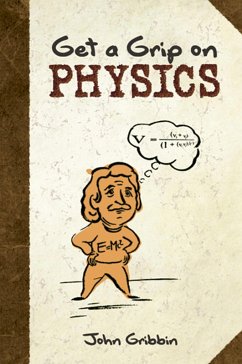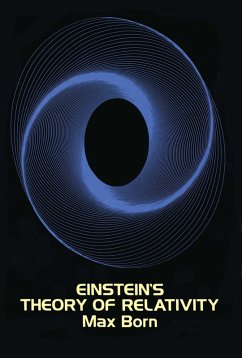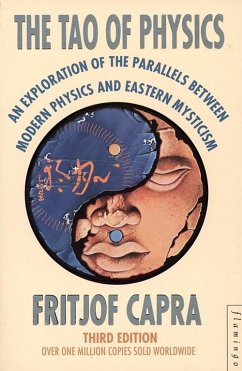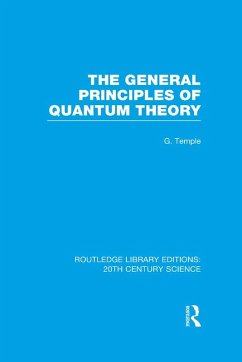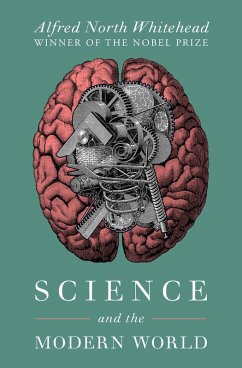
Metaphysical Foundations of Modern Science (eBook, ePUB)
Sofort per Download lieferbar
17,95 €
inkl. MwSt.

PAYBACK Punkte
9 °P sammeln!
Metaphysical Foundations of Modern Science (eBook, ePUB)
Dieser Download kann aus rechtlichen Gründen nur mit Rechnungsadresse in A, B, BG, CY, CZ, D, DK, EW, E, FIN, F, GR, HR, H, IRL, I, LT, L, LR, M, NL, PL, P, R, S, SLO, SK ausgeliefert werden.




